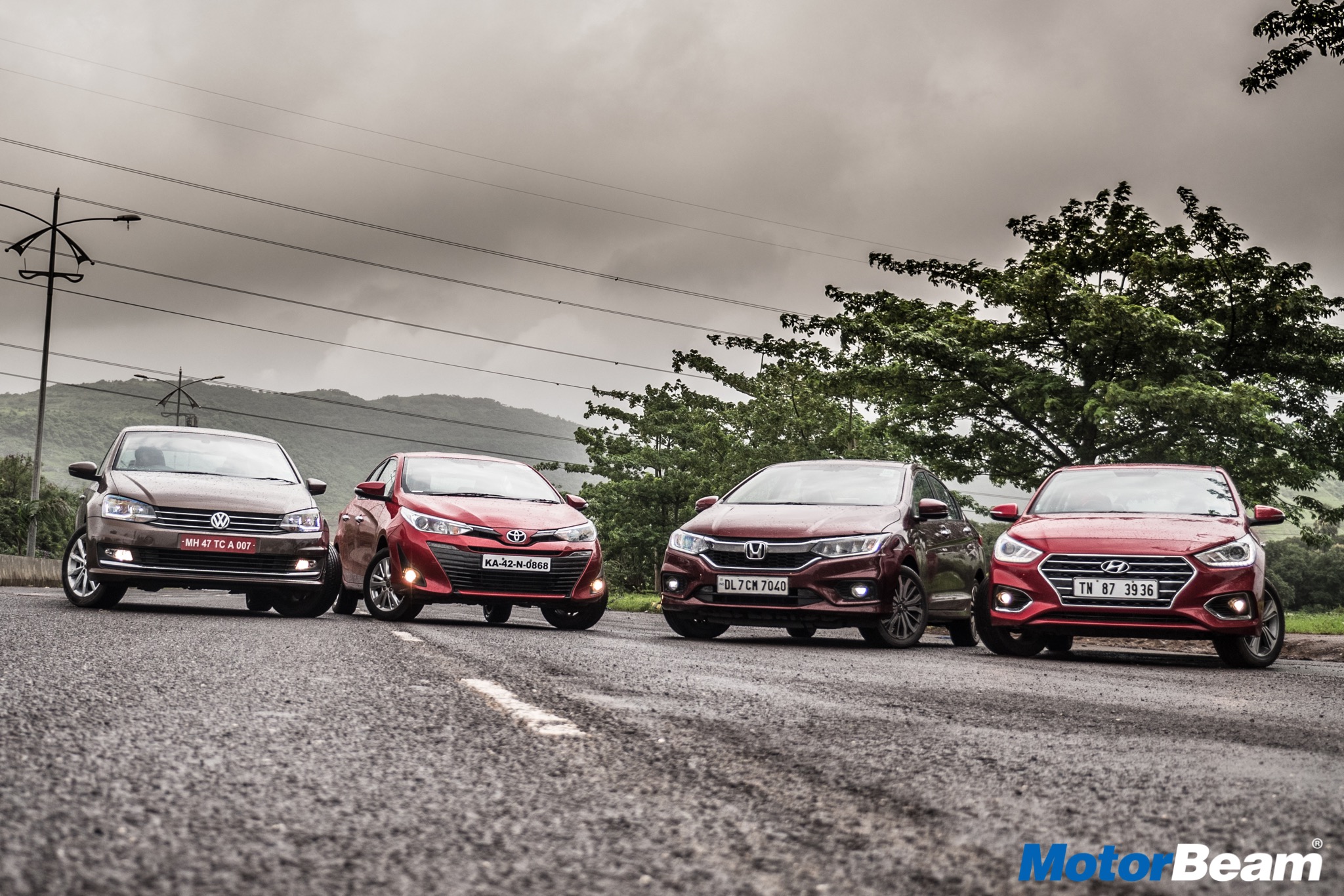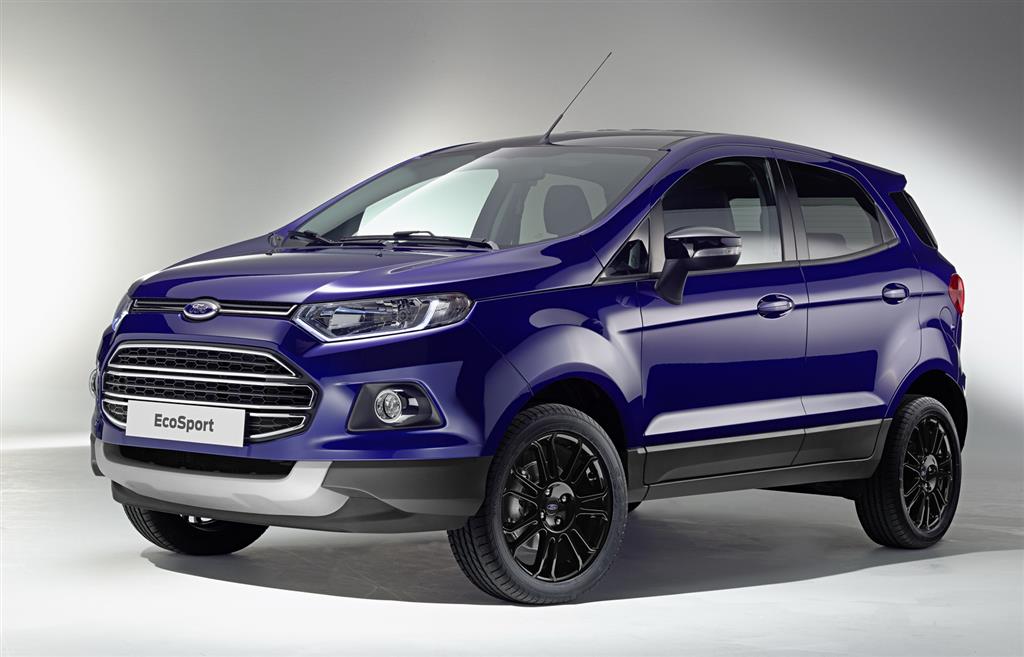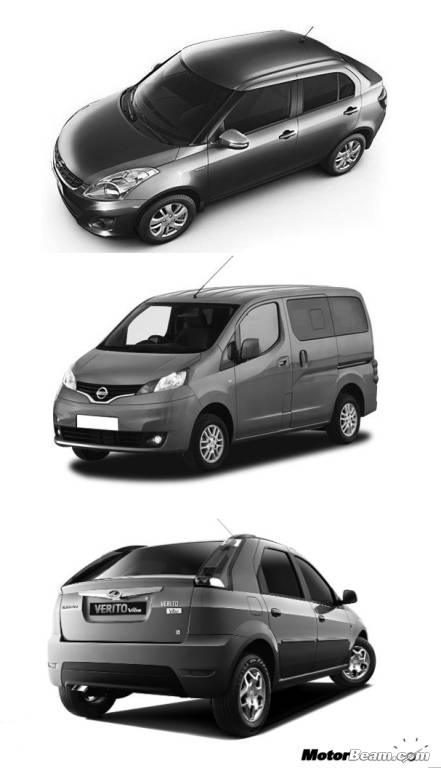Going electric is better, but it’s not the best alternative for our future!
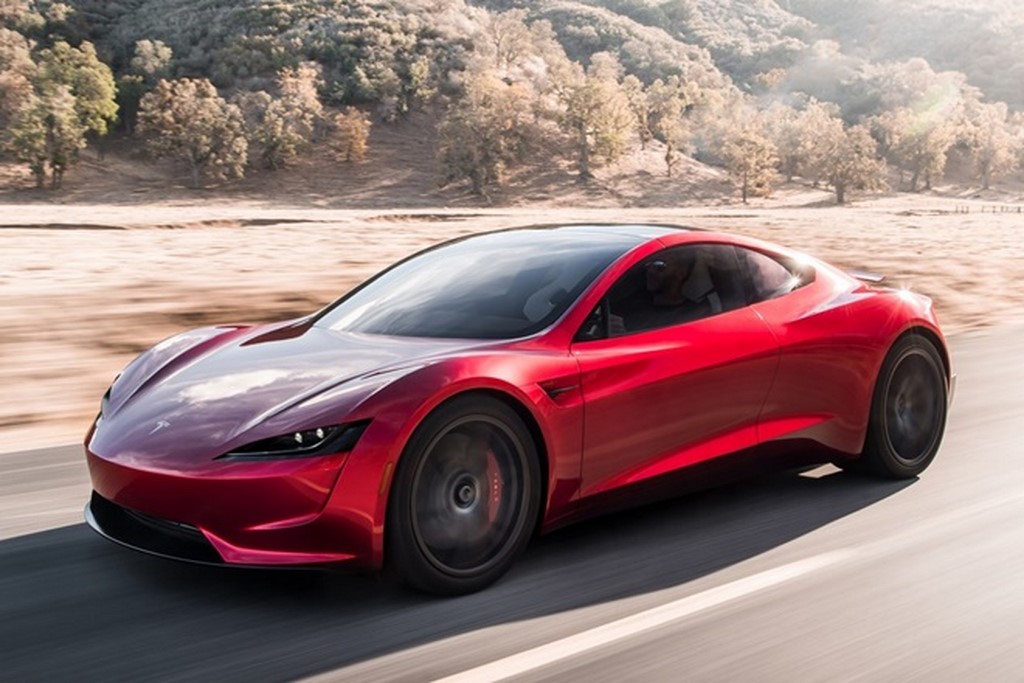
In my previous article, which you can read here, I discussed how electric cars cannot fill the gap left by the diesel-powered cars by 2020. Internal combustion engines have to be phased out as soon as possible for the sake of our environment. But is electric the future? Electric cars are all the craze today! But certain factors could stop it from taking the cake as the future of the automotive industry.
Do note that the term “electric” can be misleading here. Electric, in this case, refers to battery power, not the motors. With that out of the way, let us proceed with why electric cars are not the future!
Scale Of Lithium Production
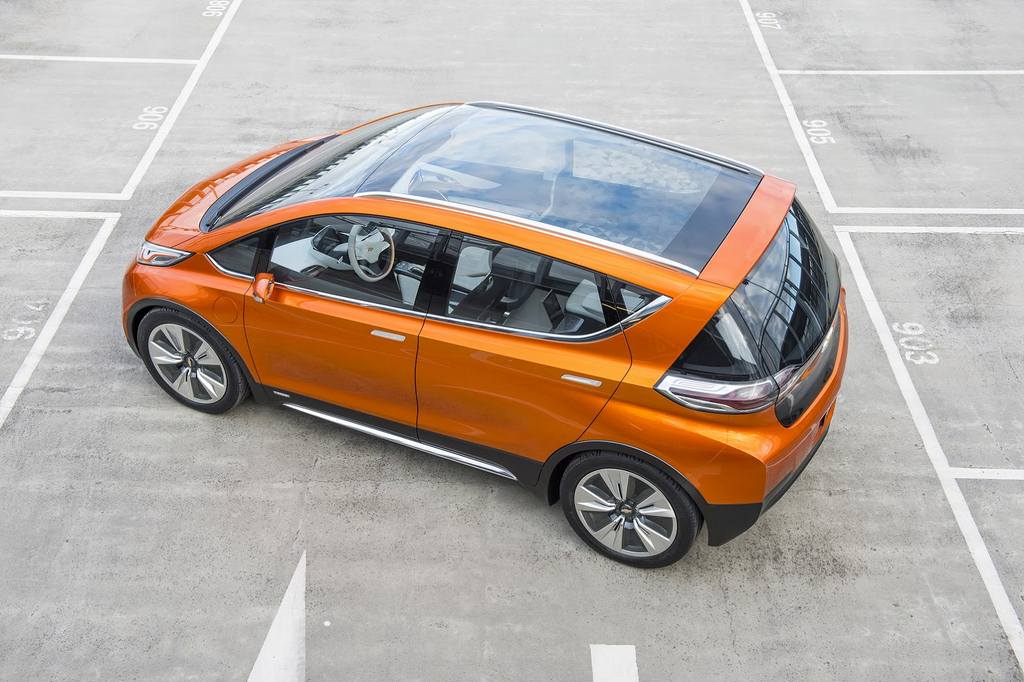
Most of the rechargeable batteries that are utilised for commercial purposes are of the Lithium-ion type (Li-ion). Now, lithium is not a rare metal per se. But in our portable-technology ridden world, lithium is pretty much stuffed in everything (even in a coffee mug!). Cars are the new entrant in this trend.
But the problem comes with the scale. Battery packs are a collection of cells, which are about the size of a standard AA battery (at least for Tesla/Panasonic). As one can imagine, one cell cannot pack 85 kWh inside it. So how many of these do you need? 7104 cells! Let that sink in for a moment or two. Instead of making one battery pack, one could make nearly eight thousand smartphone batteries! Tesla has opened the 1000 acre Gigafactory near Reno, Nevada solely for this purpose!
Battery packs are expensive to make, this cost can be seen at the window sticker of these cars, hence, the lower customer base. But mass-market cars like the Tesla Model 3, Hyundai Kona EV, etc. will make the electric car more accessible. This would lead to more production of these batteries. While this might not be bad upfront, it can lead to some adverse effects.


